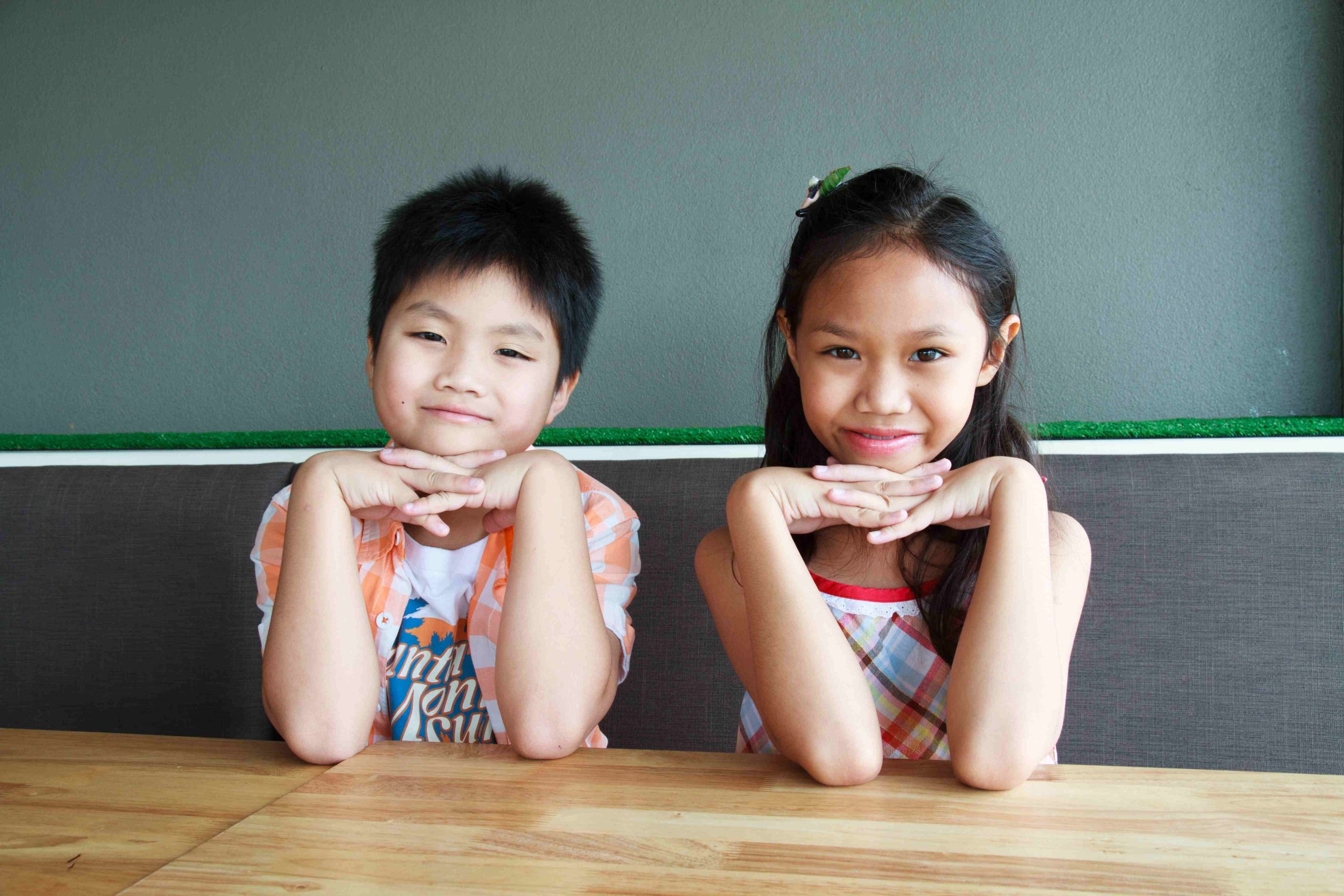
Thematic Preschool Units: An Effective Approach to Early Childhood Education
As preschoolers embark on their educational journey, it’s crucial to cultivate a learning environment that’s both engaging and effective in fostering their development. One increasingly popular method is the implementation of thematic units in early childhood education. Thematic units enable educators to integrate various subject areas into a unified theme, rendering learning more meaningful and pertinent for preschoolers. In this article, we’ll delve into what thematic preschool units entail and why they represent an effective approach to early childhood education.
Understanding Thematic Preschool Units
Thematic preschool units revolve around organizing the curriculum around a central theme or topic. This approach entails selecting a theme and then integrating all aspects of the curriculum, including language, literacy, math, science, social studies, and the arts, within that theme. For instance, if the theme is “animals,” the curriculum might encompass activities such as reading books about animals, classifying different types of animals, exploring animal habitats, and engaging in animal-themed art projects.
The utilization of thematic units enables preschoolers to establish connections between various subject areas, thereby enhancing their comprehension and retention of information. Furthermore, it furnishes a context for learning that’s more meaningful and applicable to preschoolers, facilitating their engagement with and enjoyment of the learning process.
Why Thematic Preschool Units Are Effective
1. Enhances Learning and Retention
Thematic preschool units foster integrated and interconnected learning experiences. By delving deeply into a particular topic, preschoolers can forge connections across different subject areas, bolstering their understanding and retention of information. For instance, if the theme is “plants,” preschoolers might learn about plant anatomy, growth processes, and environmental benefits, intertwining scientific concepts with literacy skills such as reading and writing about plants.
2. Fosters Creativity and Imagination
Thematic preschool units provide avenues for preschoolers to unleash their creativity and imagination. Through in-depth exploration of a topic, preschoolers can partake in hands-on activities and projects that encourage creative expression. For example, if the theme is “space,” preschoolers might craft solar system models, design spaceships, and engage in space-inspired art projects.
3. Develops Critical Thinking and Problem-Solving Skills
Thematic preschool units nurture critical thinking and problem-solving skills. By immersing themselves in a theme, preschoolers learn to inquire, observe, and draw conclusions. For instance, if the theme is “community helpers,” preschoolers might explore various community roles and ponder how they can contribute positively. This exploration stimulates problem-solving and encourages proactive community engagement.
4. Encourages Language and Literacy Development
Thematic preschool units stimulate language and literacy development by exposing preschoolers to new vocabulary and concepts within a thematic context. Moreover, they engage in diverse literacy activities such as reading theme-related books, crafting stories or poems, and assembling their own books. These activities enhance communication skills and lay a foundation for future academic achievements.
5. Enhances Social and Emotional Development
Thematic preschool units bolster social and emotional development by exposing preschoolers to diverse perspectives and experiences. Through exploration of a theme, preschoolers cultivate empathy, understanding, and appreciation for others. Furthermore, engagement in social activities like role-playing and group projects fosters teamwork, cooperation, and positive peer relationships.
Tips for Implementing Thematic Preschool Units
Successful implementation of thematic preschool units necessitates meticulous planning and preparation to ensure a rewarding learning experience for preschoolers. Here are some tips for effective implementation:
1. Select a Theme
Choose a theme that aligns with preschoolers’ interests and developmental needs to enhance engagement and motivation.
2. Plan Learning Activities
Design a variety of age-appropriate learning activities that integrate different subject areas within the chosen theme.
3. Provide Opportunities for Exploration and Discovery
Facilitate hands-on exploration and discovery through activities, field trips, and experiments related to the theme.
4. Incorporate Technology
Utilize educational apps, videos, and interactive websites to supplement learning and enrich the thematic experience.
5. Assess Learning
Employ observation, documentation, and informal assessments to gauge preschoolers’ progress and tailor future lessons accordingly.
Additional Considerations for Thematic Preschool Units
When implementing thematic preschool units, educators should bear in mind additional considerations to ensure a comprehensive and inclusive learning experience:
1. Include Diversity and Cultural Relevance
Select themes that encompass diverse perspectives and experiences, fostering an inclusive learning environment reflective of preschoolers’ backgrounds and communities.
2. Address Learning Styles
Cater to diverse learning styles by incorporating a range of teaching strategies, such as visual aids and hands-on activities, to accommodate preschoolers’ preferences.
3. Consider Developmental Appropriateness
Ensure themes and activities are developmentally appropriate, aligning with preschoolers’ cognitive, social, emotional, and physical needs.
4. Provide Opportunities for Family Involvement
Foster family engagement by offering take-home activities, family field trips, and parent-teacher conferences to enrich the thematic learning experience.
The Effectiveness of Thematic Units for Preschool Students
Thematic preschool units epitomize an effective approach to early childhood education, nurturing learning and development in a meaningful and engaging manner. By intertwining various subject areas within a cohesive theme, preschoolers forge connections between concepts while honing critical skills essential for academic success and holistic growth. Moreover, through thematic units, preschoolers cultivate creativity, critical thinking, problem-solving abilities, social skills, and language proficiency, laying a robust foundation for future endeavors. Educators’ meticulous planning and consideration of diverse perspectives and developmental needs ensure that preschoolers embark on a fulfilling and enriching learning journey.


